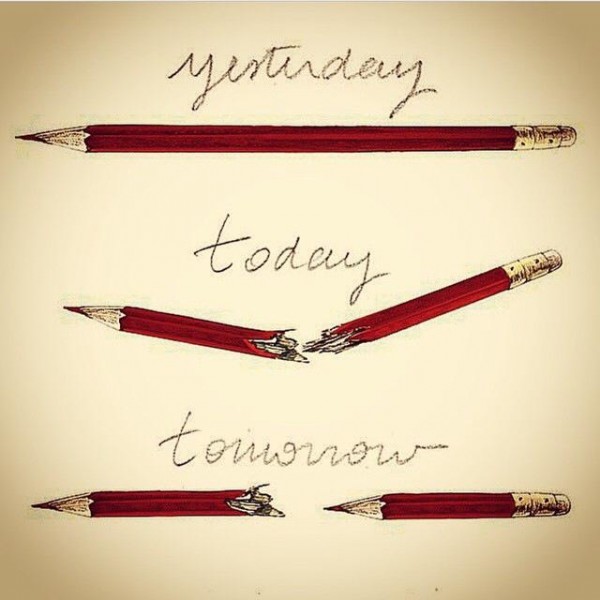Knowing and applying proper etiquette is always polite in social situations, but in business it can be crucial to negotiation and could be a deal breaker for your business relationships.
The French world values rules and formality, and aside from a good product or service, it is the relationship with potential clients, partners, or colleagues that will make a difference to your bottom line.
Respect is a very important value, and the French like to go out of their way to show it. And of course they appreciate it when they receive it in return.
In a business meeting you should be aware of a few differences from what you may be used to in an American boardroom.
1. Avoid exaggeration, because the French consider it naïve, shallow or even rude.
2. Always be prepared to debate - the more logical and documented argument wins, so you should be prepared with a strong vocabulary and well practiced points. Rehearse your pitch with other French speaking colleagues or with your coach.
3. Apologizing for not speaking French very well at the beginning of the meeting would be a good way to warn your French counterparts and help them prepare to speak slower and clearer for you. (You too should speak slowly to allow yourself to pronounce correctly and to remember your French under the stress of the meeting.)
4. Avoid overly friendly behavior. Always use « vous » without exception as the French make a strict distinction between their business and social life.
5. Dress conservatively (men in dark colors, women in softer colors), maintain eye contact but don’t stare (read the subtext of what people say and their body language, but don’t advertise the ”I’m listening” attitude) and wait to be instructed where to sit.
6. July and August are vacation months in France, so avoid scheduling a business meeting during those months. Also avoid scheduling business lunches, as they are not popular in France, so if you want to bring up business matters at the table, wait for when dessert or coffee is served.
Knowing the proper French business etiquette places you in a better position for negotiation yet, discussing the terms of a deal in French rather than English can and will add an extra layer of professionalism and commitment to your business relationships. Not to mention that you are in complete control over the nuances of your positioning.
Learning the proper way to word your thoughts goes beyond vocabulary and verb conjugation. Phrase construction and pronunciation can change the meaning of your phrase at the least desirable point in a meeting. The clarity of our communication is crucial in a business meeting, so prepare in advance with a strong language coach who will help you see what mistakes you tend to make, thus putting you in control when you have to correct yourself during an important negotiation.
Now it is your turn!
Tell us in the comments below, what is the number one challenge you have during your business meetings in French?
Make sure you watch the Learn Parisian French - verb TRAVAILLER (to work) on Youtube! While you're there, and if you like it, please click the 'Like' button!
Don't ever give up on your dream to become bilingual - the world needs your enthusiasm when you go to Paris and fully enjoy it!
 Want to master French
Want to master French
for your next business meeting?
Register for J'Ouellette® Intensif
and do business your way.
_______________
Llyane Stanfield is a Parisian French language coach, and founder of the J’Ouellette® French Method – an organic method using techniques that are employed by the world’s finest linguists. She travels between Toronto, New York and Paris, while teaching French via Skype in more than 15 countries. She is French language coach for busy traveling professionals, and has produced an unprecedented Intensive Program and French Pronunciation Master Class, as well as other visual and teaching materials. She now spends a large proportion of her time in Paris, where she also organizes an annual Immersion Retreat. Her unique methods produce a quantum leap in confidence and pronunciation, and a short session with her is the perfect start to brush up your French (whatever your level!) at the start of your Paris trip.
p.s.
LIKE this post? Then SHARE it with your friends!





















 “I had my assessment session and it was a fun fast-moving hour where I got caught up on what I’ve retained from years-ago and what I need to work to keep my Français moving forward. I highly recommend this fun, personal and personable young lady who’s only there to help.”
“I had my assessment session and it was a fun fast-moving hour where I got caught up on what I’ve retained from years-ago and what I need to work to keep my Français moving forward. I highly recommend this fun, personal and personable young lady who’s only there to help.”






 What is a default gift for Father's Day?
What is a default gift for Father's Day?





